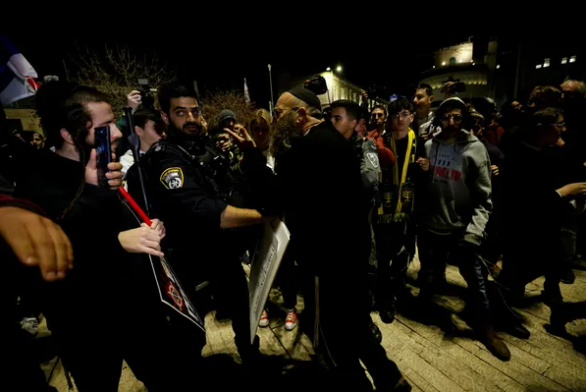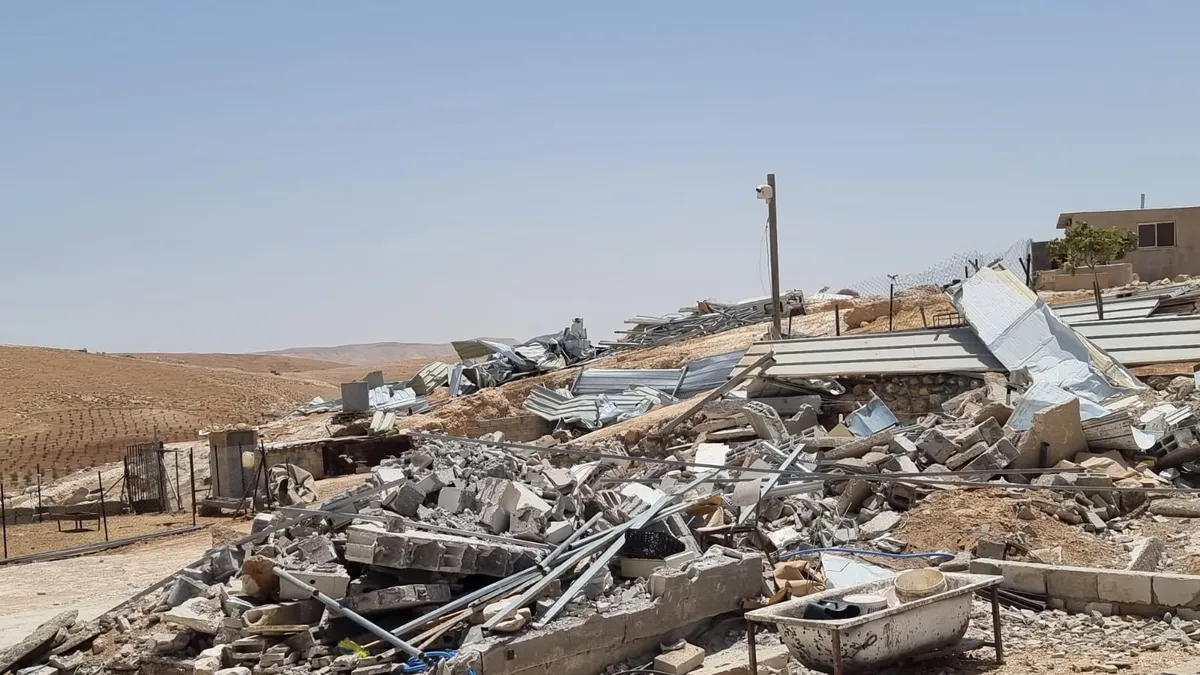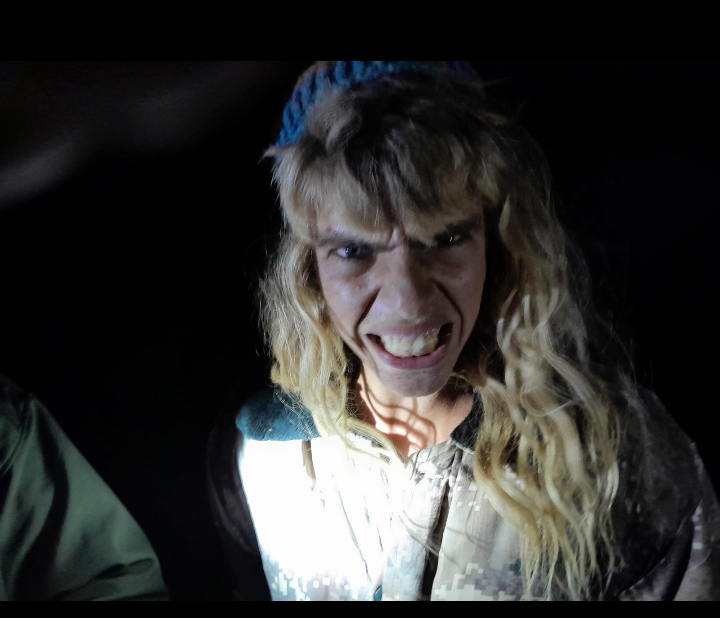Tag: Ethnic Cleansing
-
Far Right Settler March Demanding Control of Al Aqsa Mosque Disbanded for Inciting Violence
8 December 2023 | International Solidarity Movement | Occupied East Jerusalem Marking the first night of Hanukkah, on December 7, around 150 ultra-nationalist, Kahane terrorist linked extremist settlers demanding “full Jewish control” of Al Aqsa Mosque shouted racist abuse and waved banners of violent incitement against Al Aqsa Mosque. The violent-extremist group was granted authorization…
-
Masafer Yatta Families Displaced Following Home Demolitions
7 December 2023 | International Solidarity Movement | Masafer Yatta, Occupied West Bank In just over one week, several Palestinian family homes were relegated to fields of rubble after occupation army bulldozers invaded several villages including al Deirat, Umm Lasafa and Umm Qissa. The demolitions left Palestinian children and their families homeless as the targeted…
-
Palestinian Families in Mleihat Endure Night of Terror Following Settler Home Invasions
During the home invasions, the settlers committed violent assaults of Palestinian residents, traumatized children, insulted the women of the home and stole sheep from two Mleihat residents.



